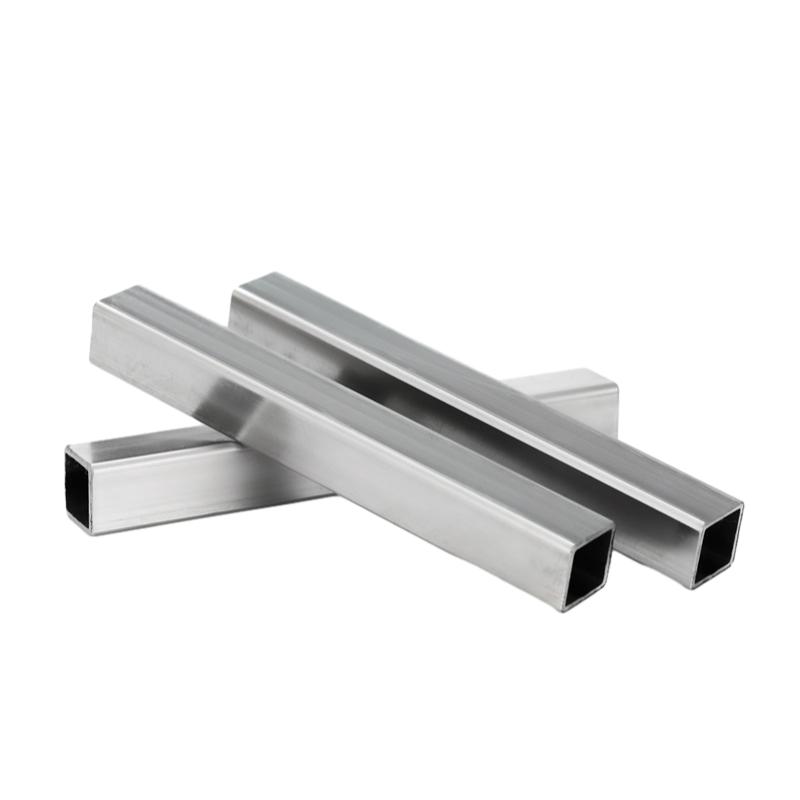

The Landscape of Mechanical Component Manufacturing
Mechanical component manufacturing plays a pivotal role in various sectors, including automotive, aerospace, electronics, and industrial machinery. This industry is characterized by the production of parts and assemblies that are essential for the functioning of a multitude of systems. As the global economy evolves, so too does the landscape of mechanical component manufacturing, driven by advancements in technology, the need for precision, and the demand for high-quality products.
Introduction to Mechanical Component Manufacturing
Mechanical component manufacturing encompasses a range of processes, including machining, molding, casting, and additive manufacturing. These processes transform raw materials into functional components that meet specific tolerances and performance criteria. The industry is marked by its emphasis on precision engineering, as even minor deviations can lead to significant issues in performance and safety.
Technology and Innovation
The mechanization of manufacturing processes has dramatically transformed the landscape of component manufacturing. The advent of computer-aided design (CAD) and computer-aided manufacturing (CAM) has streamlined the design and production processes. These technologies enable manufacturers to create intricate designs with a high degree of accuracy while reducing lead times.
Furthermore, the rise of additive manufacturing, commonly known as 3D printing, has introduced a paradigm shift in how components are produced. This technique allows for the creation of complex geometries that are difficult or impossible to achieve with traditional subtractive manufacturing methods. Additive manufacturing not only reduces material waste but also facilitates rapid prototyping, enabling companies to accelerate product development cycles.
Quality Assurance and Standards
Quality assurance is a cornerstone of mechanical component manufacturing. Industries often rely on international standards such as ISO and AS9100 to ensure consistency and reliability in their products. Rigorous testing and inspection processes are integral to the manufacturing workflow, ensuring that each component meets the required specifications. This focus on quality not only enhances product performance but also fortifies the reputation of manufacturers in a competitive marketplace.

Sustainability and Environmental Considerations
As global awareness of environmental issues increases, the mechanical component manufacturing industry is also adapting to become more sustainable. Manufacturers are increasingly adopting eco-friendly practices, such as optimizing production processes to minimize waste and energy consumption. Additionally, there is a growing interest in recycling materials and utilizing sustainable resources.
Governments and organizations are incentivizing manufacturers to embrace green technologies, leading to improved efficiencies and a reduced environmental footprint. Innovations such as smart manufacturing, which incorporates the Internet of Things (IoT) and data analytics, allow companies to monitor and optimize production processes in real-time, thereby enhancing sustainability efforts.
Challenges and Future Trends
Despite its advancements, the mechanical component manufacturing industry faces several challenges. The need for skilled labor is paramount, as the complexity of modern manufacturing demands a workforce that is adept in both traditional machining techniques and modern technologies. Moreover, supply chain disruptions, often exacerbated by global events, can impact the availability of raw materials and components, leading to delays and increased costs.
Looking ahead, the future of mechanical component manufacturing will likely be shaped by continued advancements in technology, including automation and robotics. The integration of artificial intelligence (AI) in manufacturing processes can enhance efficiency, reduce errors, and facilitate predictive maintenance.
Conclusion
In summary, mechanical component manufacturing is a dynamic and essential industry that underpins numerous sectors of the economy. By leveraging advancements in technology, focusing on quality, and embracing sustainability, manufacturers are well-positioned to navigate the complexities of the evolving market. As the industry progresses, innovation will remain a key driver, ensuring the continued delivery of high-quality mechanical components that meet the demands of modern engineering and manufacturing.